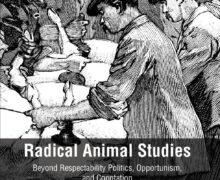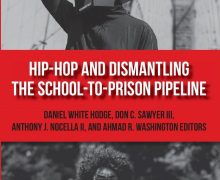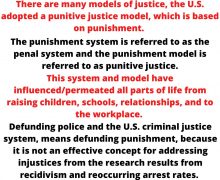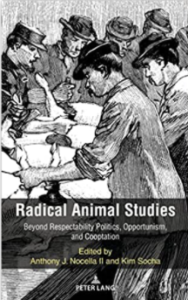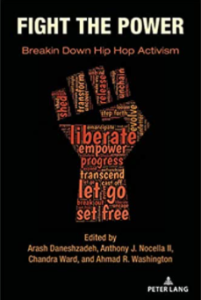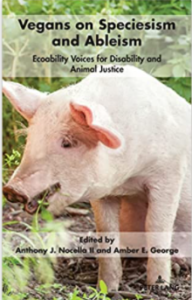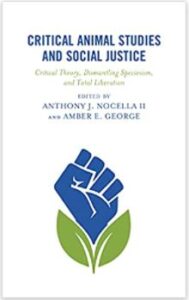Book Release – “Framing Farming: Communication Strategies for Animal Rights” by
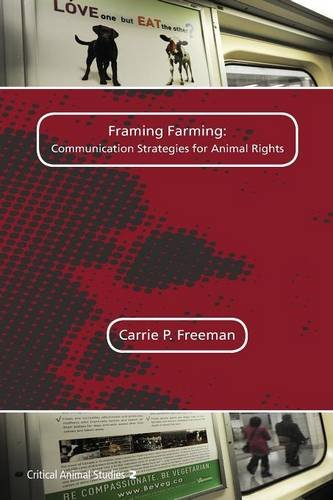 We at ICAS, especially Vasile Stanescu and Helena Pedersen the editors of the Critical Animal Studies Book Series with Rodopi Books, are excited about the recent release of the the second book in the Book Series. “Framing Farming: Communication Strategies for Animal Rights” by Carrie P. Freeman, is an outstanding must read text on animal rights organizing, and the ideologies and challenges within the movement that do and do not address speciesism.
We at ICAS, especially Vasile Stanescu and Helena Pedersen the editors of the Critical Animal Studies Book Series with Rodopi Books, are excited about the recent release of the the second book in the Book Series. “Framing Farming: Communication Strategies for Animal Rights” by Carrie P. Freeman, is an outstanding must read text on animal rights organizing, and the ideologies and challenges within the movement that do and do not address speciesism.
ABOUT THE BOOK
To what extent should animal rights activists promote animal rights when attempting to persuade meat-lovers to stop eating animals?
Contributing to a classic social movement framing debate, Freeman examines the animal rights movement’s struggles over whether to construct farming campaign messages based more on utility (emphasizing animal welfare, reform and reduction, and human self-interest) or ideology (emphasizing animal rights and abolition). Freeman prioritizes the latter, “ideological authenticity,” to promote a needed transformation in worldviews and human animal identity, not just behaviors. This would mean framing “go veg” messages not only around compassion, but also around principles of ecology, liberty, and justice, convincing people “it’s not fair to farm anyone”.
Through a unique frame analysis of vegan campaign materials (from websites, to videos, to bumper stickers) at five prominent U.S. animal rights organizations, and interviews with their leaders, including Ingrid Newkirk and Gene Baur, Freeman answers questions, such as: How is the movement defining core problems and solutions regarding animal farming and fishing? To which values are activists appealing? Why have movement leaders made these visual and rhetorical strategic choices – such as deciding between appealing to human self-interest, environmentalism, or altruism? To what extent is the animal rights movement actually challenging speciesist discrimination and the human/animal dualism?
Appealing to both scholars and activists, Framing Farming distinctively offers practical strategic guidance while remaining grounded in animal ethics and communication theory. It not only describes what 21st century animal rights campaigns are communicating, it also prescribes recommendations for what they should communicate to remain culturally resonant while promoting needed long-term social transformation away from using animals as resources.
TABLE OF CONTENTS
List of Images
Foreword
Author’s perspective and background
Acknowledgements
Dedication
Chapter 1: Introduction
Part I. Overview of Animal Rights, Vegetarianism, and Communication
Chapter 2: Ethical Views on Animals as Fellows & as Food
Chapter 3: Activist Communication Strategy & Debates
Part II. How U.S. Animal Rights Organizations Frame Food Campaign Messages
Chapter 4: Defining Problems & Culprits, Proposing Solutions
Chapter 5: Appealing to Values – Constructing a Caring Vegan Identity
Chapter 6: Appealing to Altruism or Self-Interest?
Chapter 7: How Movement Leaders Explain Their Strategic Choices
Part III. Strategic Communication Recommendations For Vegan Activism
Chapter 8: Activists’ Latest Insights & Projections
Chapter 9: My Recommendations for Ideological Authenticity in Framing Animal Rights
Works Cited
Index
Carrie P. Freeman is an Associate Professor of Communication at Georgia State University in Atlanta. Her scholarship on media ethics, activist communication, and representation of animal rights issues has been published in over 15 books and journals. A vegan and grassroots activist for almost two decades, she currently hosts radio programs on animal and environmental protection on WRFG-Radio Free Georgia.


